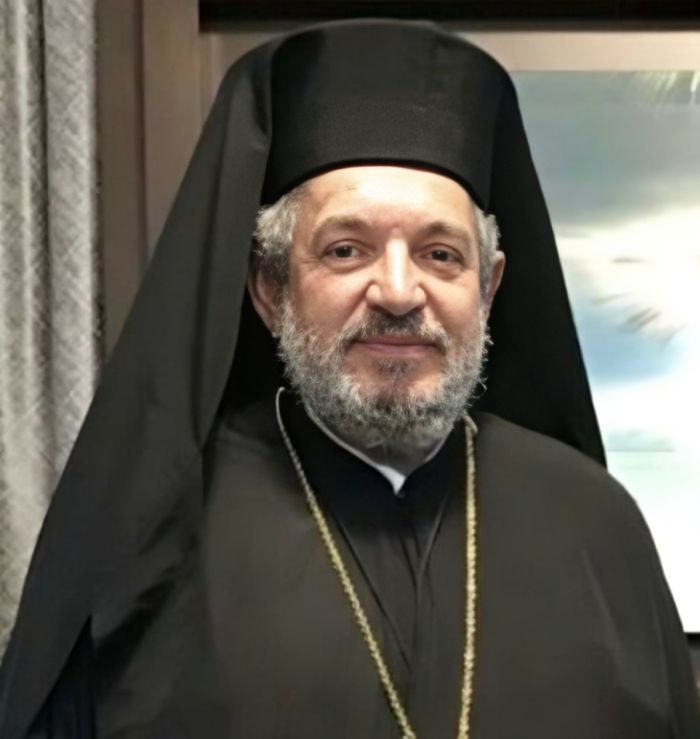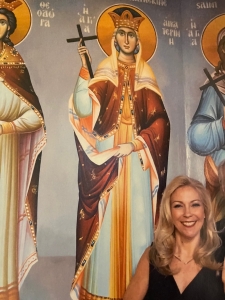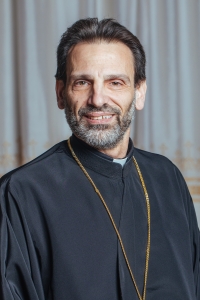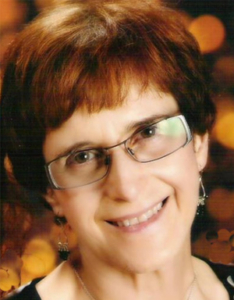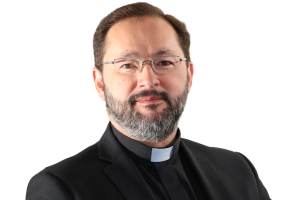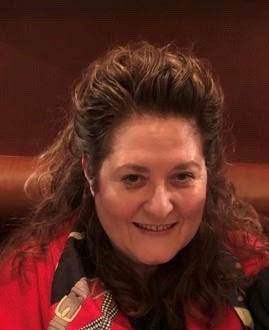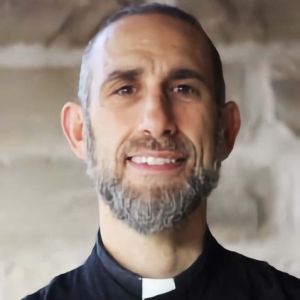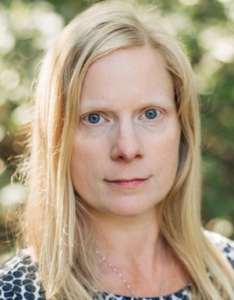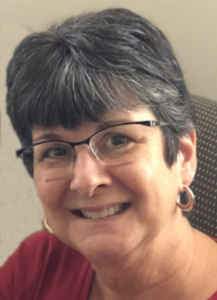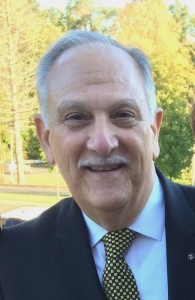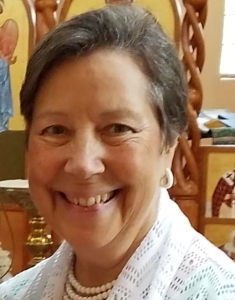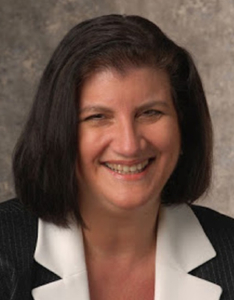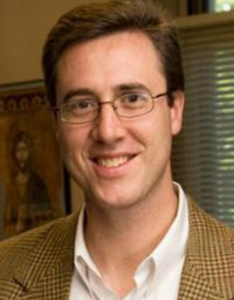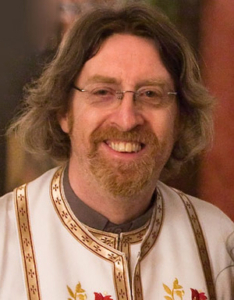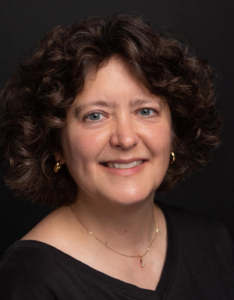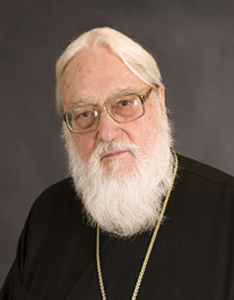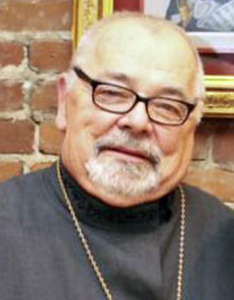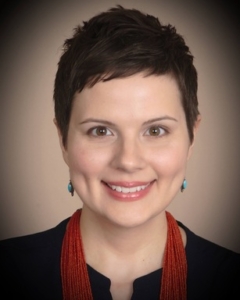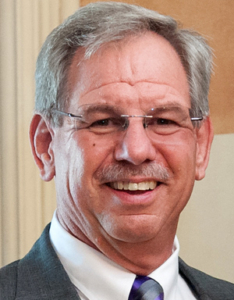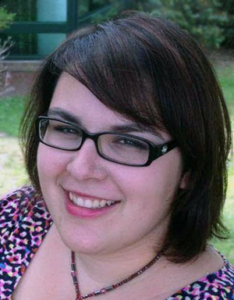Calls for Revival
Since 1855, there have been seventeen calls for the revival of the ordained order of the female diaconate. These calls have come from across the world, beginning with the sister of Czar Nicholas I and other prominent Russians. It was to be a major topic at the Council of the Russian Church beginning in 1917, but never came to fruition due to the political turmoil in Russia. In 1953, Archbishop Michael of the Greek Orthodox Church in North and South America called for its re-establishment in the U.S., citing that it was impossible for priests to solely carry out the ministerial work of their parishes. Since 1976, the call to re-establish the female diaconate has been made at almost all International Conferences of Orthodox Women gatherings. In 2000, a formal letter was sent to the Ecumenical Patriarch by noted Orthodox theologians including Elisabeth Behr-Sigel, Fr. Boris Bobrinskoy, Olivier Clément, and Nicolas Lossky. In the letter that outlined the history of the female diaconate, it was also noted that the Patriarch himself stated that there is “no obstacle in canon law [that] stands in the way of the ordination of women to the diaconate.” Since that time, six more calls have been made using sound scholarship and theology.
What follows is a more comprehensive outline regarding those calls for revival of the ordained order of the female diaconate.
c. 1855
Sister of Czar Nicholas I tries to restore the Office. Other prominent Russians also lobbied for its restoration, including Alexsandr Gumilevsky and Mother Catherine (Countess Efimovsky). 1
1905–1906
According to numerous sources, several bishops, archbishops, and metropolitans of the Russian Orthodox Church encouraged the effort. According to a report on the Consultation of Orthodox Women in Agapia in 1976, this issue was to be a major topic at the Council of the Russian Church beginning in 1917, but due to the political turmoil in Russia at the time, the council’s work was not addressed. 2
1953
In 1953, Archbishop Michael [Konstantinides] of the Greek Orthodox Church in North and South America calls for its re-establishment in the United States. He realized that there was so much to do in each community that the endeavors of the priests alone did not suffice. “For should the priest wish to know, as he must, his spiritual children by name, their problems, and their spiritual and moral needs, this would certainly be beyond his physical and spiritual resources. These tremendous needs of the Greek Orthodox Church in America have urged us to make a fervent appeal such as this to our daughters-in-Christ… With the future welfare of our Church and membership at heart, we are considering the establishment in this country of an order of deaconess.” 3
International Conferences
The call to re-establish the female diaconate has been made at almost all International Conferences of Orthodox Women including: Agapia, Sophia, Crete, Kerala, Levadia, Vendee, Damascus, Istanbul and Volos. 4
Agapia, 1976
“In the early centuries of the Church and in Byzantine times, the deaconess played a significant role in fulfilling the service, i.e., the true ‘diakonia’ of the Church. In some churches—in Egypt for example, where there are over 150 women fulfilling a diaconal function, this important form of service has been restored to the life of the Church, and in others, a need is felt for providing women with a responsible and full-time vocation in the service of the Church.”
Sophia, Bulgaria, 1987
“Serious consideration must be given to the re-introduction of the ancient order of Deaconess by the hierarchies of the local churches.”
Crete, 1990
“…the urgent need for a renewal of women’s ministries, particularly the diaconate…the presence of the deacon or deaconess to lead the people in prayer, to give spiritual counsel, and to distribute Holy Communion where possible….The renewal of the diaconate for both men and women would meet many of the needs of the Church in a changing world…catechetical work…pastoral relations…serving the same needs for monastic communities without a presbyter, …reading prayers for special occasions,…performing social work…pastoral care, …engaging in youth and college ministry,… counseling, … anointing the infirm, …carrying out missionary work, …ministering to the sick,…assisting the bishop or presbyter in the liturgical services….creative restoration of the diaconate for women, which we hope will lead in turn to the renewal in the diaconate for men.”
Damascus, 1996
“This Conference also recognizes the important ministry of deaconess as a response to the Holy Spirit for various needs of this present age.”
Istanbul, 1997
“His Beatitude [Patriarch Karekin (Kazanjian) II] mentioned the Armenian Apostolic Orthodox Church has taken the initiative in ordaining women to the Order of the Diaconate, an order in which both men and women are ordained and perform similar duties. …There is no difference between the ordination service for women and men. Women deacons care for orphans, assist women at baptism, serve liturgically at the altar, read the Gospel and bring the host to the priest. Many of us believe the incorporation of female deacons in the life of the Church will help contribute to the atmosphere of love and learning, and to the life of the Church.”
1988
In 1988, Ecumenical Patriarch Demetrios I [Papadopoulos] convened an International Orthodox consultation in Rhodes, Greece to explore the ministry and ordination of women in the Orthodox Church. This historic event marks the first expression in the modern era of an international consensus among Orthodox thinkers and leaders to revive this ministry, and provides a substantial foundation for all subsequent conferences. According to the concluding document from the consultation, “The apostolic order of deaconesses should be revived. It was never altogether abandoned in the Orthodox Church though it has tended to fall into disuse….The deaconess was ordained by the bishop in the sanctuary during the Divine Liturgy with two prayers, she received the Orarion (the deacon’s stole) and received Holy Communion at the Altar.”
1993
Orthodox Christian Laity (OCL) calls for restoration of deaconesses as part of its Project for Spiritual Renewal.
2000
In July of 2000, after over a year of careful review of the subject, a formal letter was sent to the Ecumenical Patriarch [Bartholomew I] by more than a dozen members of the Orthodox community in Paris, including such noted Orthodox theologians as Elisabeth Behr-Sigel, Fr. Boris Bobrinskoy, Olivier Clément, and Nicolas Lossky. The letter traces the history of the female diaconate and notes that the Patriarch himself has stated that there is “no obstacle in canon law [that] stands in the way of the ordination of women to the diaconate. This institution of the early Church deserves to be revitalized.” It also states that the order should “involve more than a simple and archaeological reconstitution of the ancient ministry of the deaconesses …it is a question of its revitalization, in other words, of its realization in the context of the culture and requirements of the present day.” 5
2006
In July of 2006, the Fellowship of St. John the Baptist held their annual conference focusing on “Women and Men in the Church” and resolved to write to the different Orthodox Bishops with pastoral responsibilities in the British Isles, urging them to work actively for the restoration of the diaconate for women in the Orthodox Church. Read their letter here.
2013
St. Phoebe Center for the Deaconess is founded, a Pan-Orthodox group of women and men, laity and clergy, dedicated to educating and prayerfully advocating for the revival of the ordained female diaconate to help serve the ministerial needs of the Orthodox Church and the world today.
2014
St. Catherine’s Vision publishes “A Call for the Rejuvenation of the Ministry of the Ordained Deaconess” addressed to His All Holiness Ecumenical Patriarch Bartholomew I and the Secretariat of the Great and Holy Council of the Orthodox Church. The proposal reviews the history of the deaconess, emphasizes that it was never disallowed, points to various calls for its rejuvenation, highlights the ordination prayers of the Byzantine rite, and illustrates the need for the ministry today.
2015
A major international conference, “Deaconesses, Ordination of Women and Orthodox Theology,” was sponsored by the Center of Ecumenical, Missiological and Environmental Studies (CEMES) in Thessaloniki, Greece, January 22–24. It explored the issue of the female diaconate thoroughly—from biblical, liturgical, patristic, systematic, canonical, and historical theology. A resulting volume featuring 39 scholarly papers on the subject was published in 2017.
2020
A major international symposium, “Deaconesses: Past, Present, and Future” was sponsored by the Center of Ecumenical, Missiological and Environmental Studies (CEMES) in Thessaloniki, Greece, January 31– February 2, 2020. The general conclusion and recommendation was for the immediate restoration of the deaconess. In an open letter to the churches, the report declared, “There is no biblical or theological, canonical or liturgical, patristic or pastoral reason for the contemporary church to delay or obstruct the full restoration of the historical institution of deaconess.” Furthermore, it emphasized the “urgent need to revive the diaconate, male and female, in response to the growing pastoral demands and missionary challenges facing parishes throughout the world.”
2020
The document “Toward a Social Ethos of the Orthodox Church” was released by the Ecumenical Patriarchate. It was prepared by a specially appointed commission of theologians to address contemporary social issues in light of the “social doctrine of the Orthodox Church, as [it] has been reflected and expressed in the tradition through the centuries…” Among its conclusions, the commission emphasized, “The Church must also remain attentive to the promptings of the Spirit in regard to the ministry of women… the Church must continue to consider how women can best participate in building up the body of Christ, including a renewal of the order of the female diaconate for today.”(¶29)







